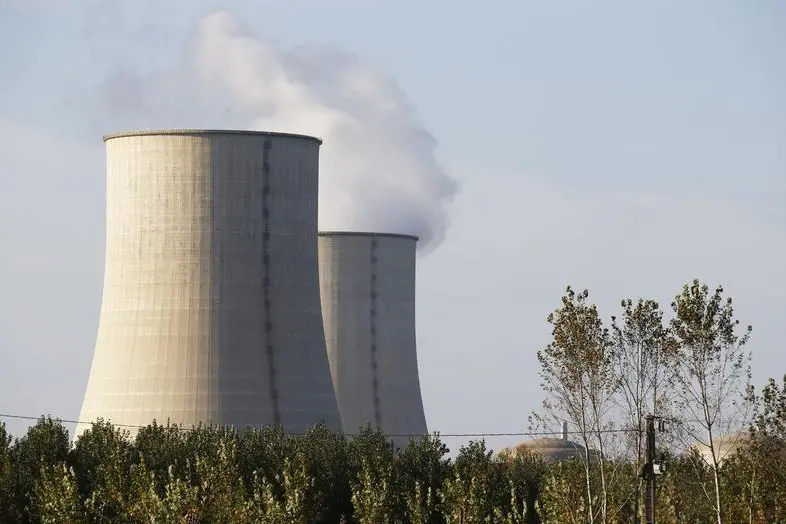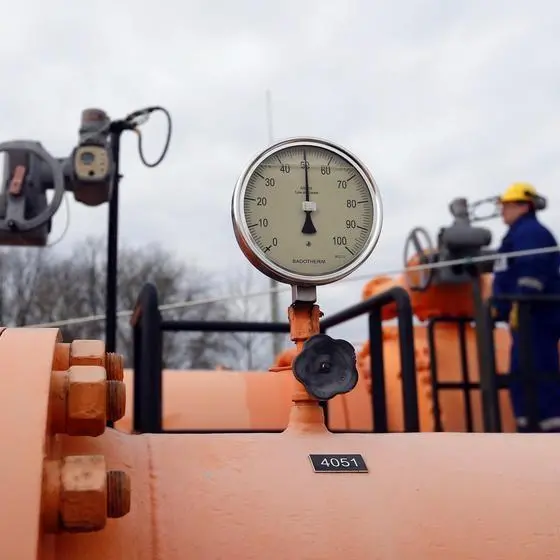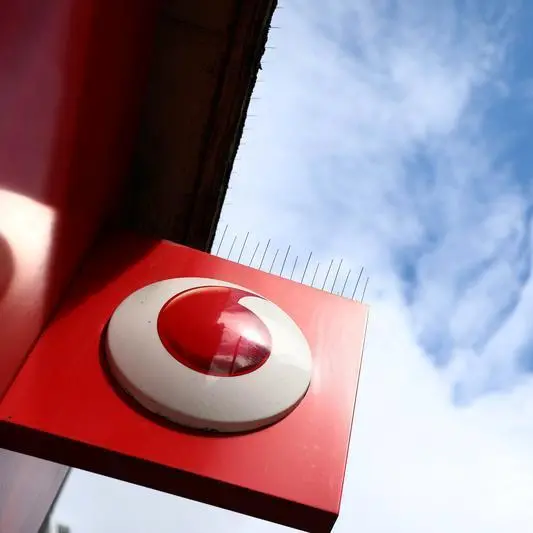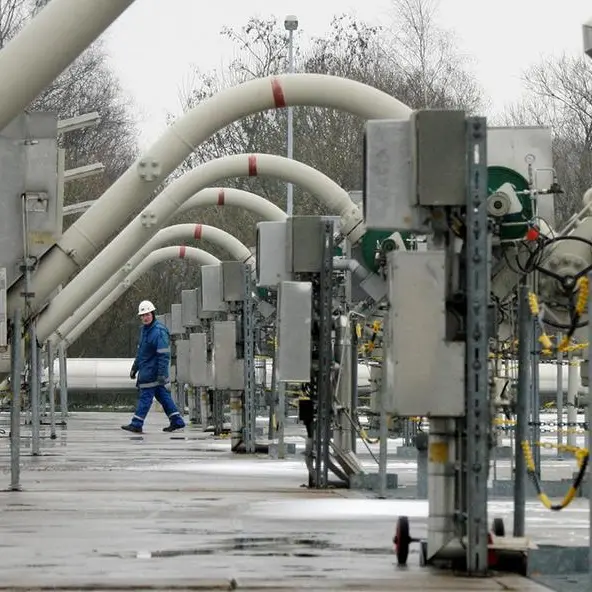PHOTO
DVOR - Croatia's plan for a new radioactive waste storage facility near its border with Bosnia is facing mounting opposition from its neighbour due to concerns the plant could have a potentially devastating health and environmental impact.
The government chose the site near the River Una, a tributary to the Danube, in 2018, for storing Croatia's half of the waste produced by the nuclear power plant Krsko (NUK), which it co-owns with fellow European Union member Slovenia.
Bosnia, in a bid to halt the plan, responded the year after by declaring its land closest to the site across the border a nature reserve, with little success. As the launch of the facility edges closer, Bosnians are growing increasingly concerned about the possible consequences on public health, their pristine rivers and organic farming industry.
"We fear the main impact of this devastating proposal will be on people's lives and on the environment," said Mario Crnkovic, an ecologist in the town of Novi Grad on the Bosnian side of the border, about one kilometre from the earmarked site.
Bosnian authorities, who are awaiting the results of their own expert study on the safety of the project, hope that Croatia may still change its mind on the location.
Stasa Kosarac, Bosnia's minister for foreign trade and economic relations, told Reuters: "Our primary goal is to save the health of 250,000 people in the northwestern Bosnia," and suggested Bosnia could erect a similar facility close to Dubrovnik, one of Croatia's main tourism hubs on the Adriatic.
Croatia has dismissed these worries. "According to preliminary studies, we can say that the location is extremely safe," said Josip Lebegner, director of the fund for decommissioning and disposal of radioactive waste from NUK.
Critics note that the government has yet to publish any health or environmental risk assessment of the proposal. The area is prone to flooding and subject to regular seismic activity, and is still being cleared of landmines left over from the Balkan wars in the 1990s.
Lebegner said he expected the government's environmental research would be released by the end of the year.
OPPOSITION AT HOME
Last month, showing determination to proceed with the project despite opposition, Croatia resumed the clearance of the area from landmines and installed a seismic station to measure sensitivity of the soil to earthquakes.
The first quantities of radioactive waste will be deposited at the site starting in around three or four years time until 2050, Lebegner said, adding that the site will exclusively be used to store low- and mid-radioactive waste from NUK. Highly radioactive waste will be stored elsewhere but the location has yet to be found, he said.
But critics say that medical waste, for which Croatia has yet to announce its storage method, may be even more dangerous for underground waters, agricultural land and cattle in the rural area, which is known for its honey and sheep.
Nikola Arbutina, the mayor of the Dvor municipality where the site is located, said investors were giving up on projects and people were leaving the area after it became associated with the radioactive waste project.
The town of about 5,550 people has lost 2,500 residents in the last years.
"The Dvor citizens are very much against it," Arbutina said.
(Additional reporting and writing by Daria Sito-Sucic in Sarajevo; Editing by Raissa Kasolowsky)





















